The Environmental Impact of Electric Car Batteries


The environmental impact of electric car batteries and how they can be recycled
With greenhouse gasses including carbon dioxide, methane and nitrous oxide changing the atmosphere and leaving the planet vulnerable to climate change, we’re all responsible for making eco-friendly changes where we can. Since cars are responsible for 72% of emissions released in the transportation sector, a significant contributor to carbon released into the atmosphere, electric vehicles could be part of the solution.
In fact, by 2030, the EU hopes that there will be 30 million electric cars on European roads. But are electric vehicles the panacea we need, and is their carbon footprint really lower than that of conventional cars? The short answer is, it’s complicated. Here’s what we need to consider when weighing up the environmental impact of electric car batteries.
Optimising the benefits
There are many environmental pros to electric vehicles over their counterparts with internal combustion engines. Firstly, there is no fuel being burned and therefore no CO2 emissions causing air pollution while the cars are being driven. This is far better for the health of pedestrians, cyclists, and those living near roads. Secondly, EVs are also more efficient than fossil cars, meaning you can cover more miles without needing to re-energise your vehicle.
However, battery manufacturing for electric vehicles has a carbon footprint, just like product development and production in any industry. At the moment in Europe, the impact of lithium ion battery manufacture can be offset in two years or less – unlike with conventional vehicles. And in the US, the offset period is more like 6 – 12 months.
Power source matters
When the power source charging electric cars comes from solar panels, wind energy, or even hydroelectric power, your EV will be running on greener energy than if it’s being powered by fossil fuels. But if your energy source is fossil fuels, the benefits of driving a car that’s not contributing to air pollution is somewhat negated by the fact that pollution has been released into the atmosphere by a power plant already.
The good news is, fossil fuels are on the decrease and renewable energy use is on the up. With the UK progressing towards a target of net zero carbon emissions by 2050, our dependence on non-renewable energy is reducing.
Now, you can monitor and control the environmental impact of your charge using the ev.energy app. The app allows you to easily charge your car at off-peak times when greener, cheaper energy is available, reducing the strain you put on the electric grid and making your vehicle even more energy-efficient.
Better still, if you have an at-home solar set up, you can integrate this with our app and charge for free. And, you’ll be using renewable energy. Win win.
Driving change forward for battery afterlife
But what happens when the lifecycle of the car battery used to power an electric vehicle comes to an end? Unfortunately, unlike the lead-acid batteries found in conventional cars, the lithium ion batteries used in EVs are not widely recycled – yet.
EV batteries are heavier, larger and more intricate than those in regular cars. They are made up of several hundred individual lithium-ion cells, which need dismantling one by one. Lithium ion batteries also contain hazardous materials, and can even explode if disassembled incorrectly. All of this results in only 5% of lithium ion batteries currently being recycled.
But EV suppliers are already beginning to adapt to ensure that the batteries used to power their EVs are not dumped at the end of their life cycle. Nissan Leaf and Volkswagen owners can rest assured that old batteries from the electric cars are reused in the automated guided vehicles in their factories.
Volkswagen have gone one step further and have opened their own recycling plant, with plans to recycle up to 3,600 battery systems per year during the project’s pilot phase. Meanwhile, Renault is recycling all its car batteries, and has ambitions to expand beyond the 100 or so of their own batteries that they currently recycle each year.
Science is on our side
With the environmental impact of electric car batteries a problem that needs to be solved, the issue is attracting attention from scientific institutes. One example is the Faraday Institution, whose ReLiB project aims to optimise the recycling of EV batteries. They believe that by automating the process of dismantling and recycling lithium ion batteries, it can become more efficient and streamlined.
The electricity generation, or ‘EVolution’ is just beginning
Whilst electric cars are not quite zero emissions vehicles, they’re moving in the right direction. Solutions are in development to make them more eco-friendly and sustainable, and with manufacturers and scientists alike searching for solutions, things are only going to get better.
Download the ev.energy app today to make the most of your EV experience.
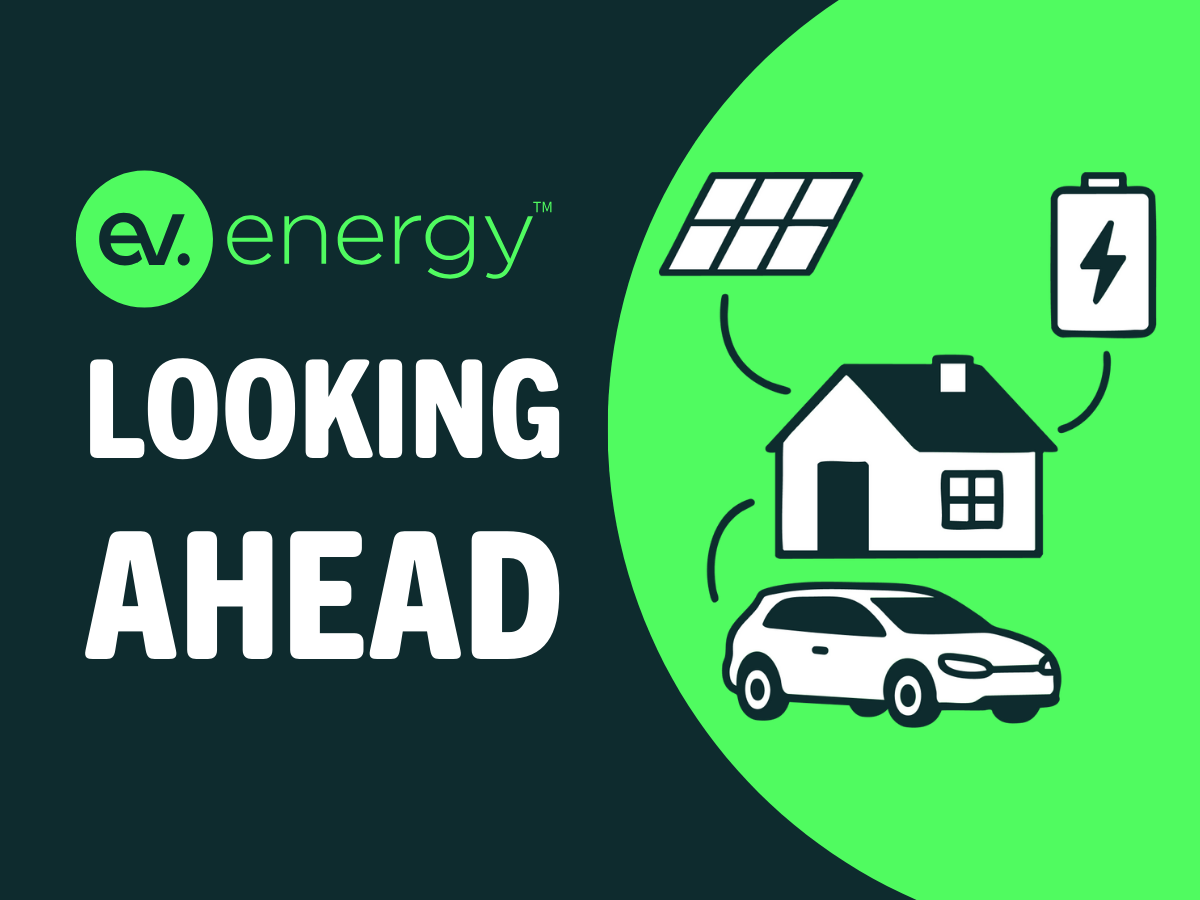

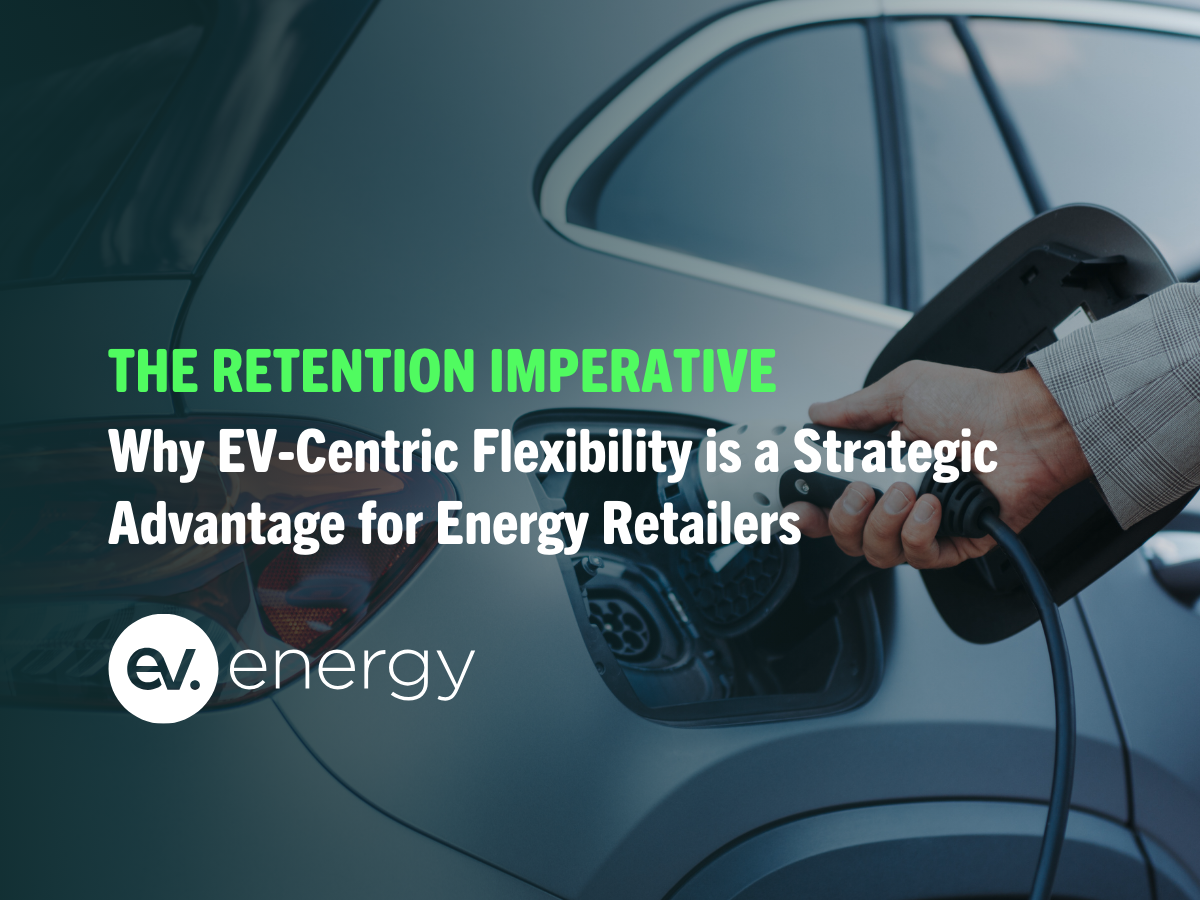

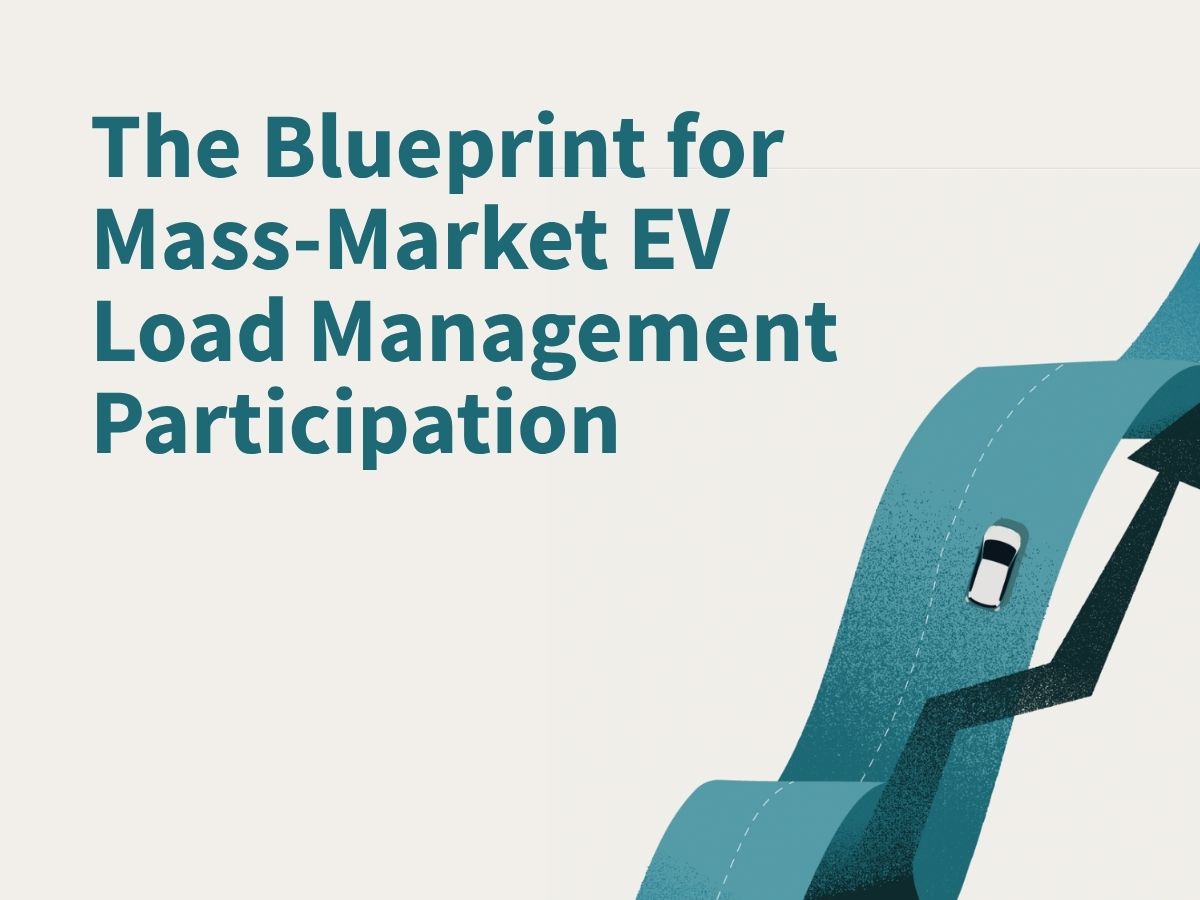

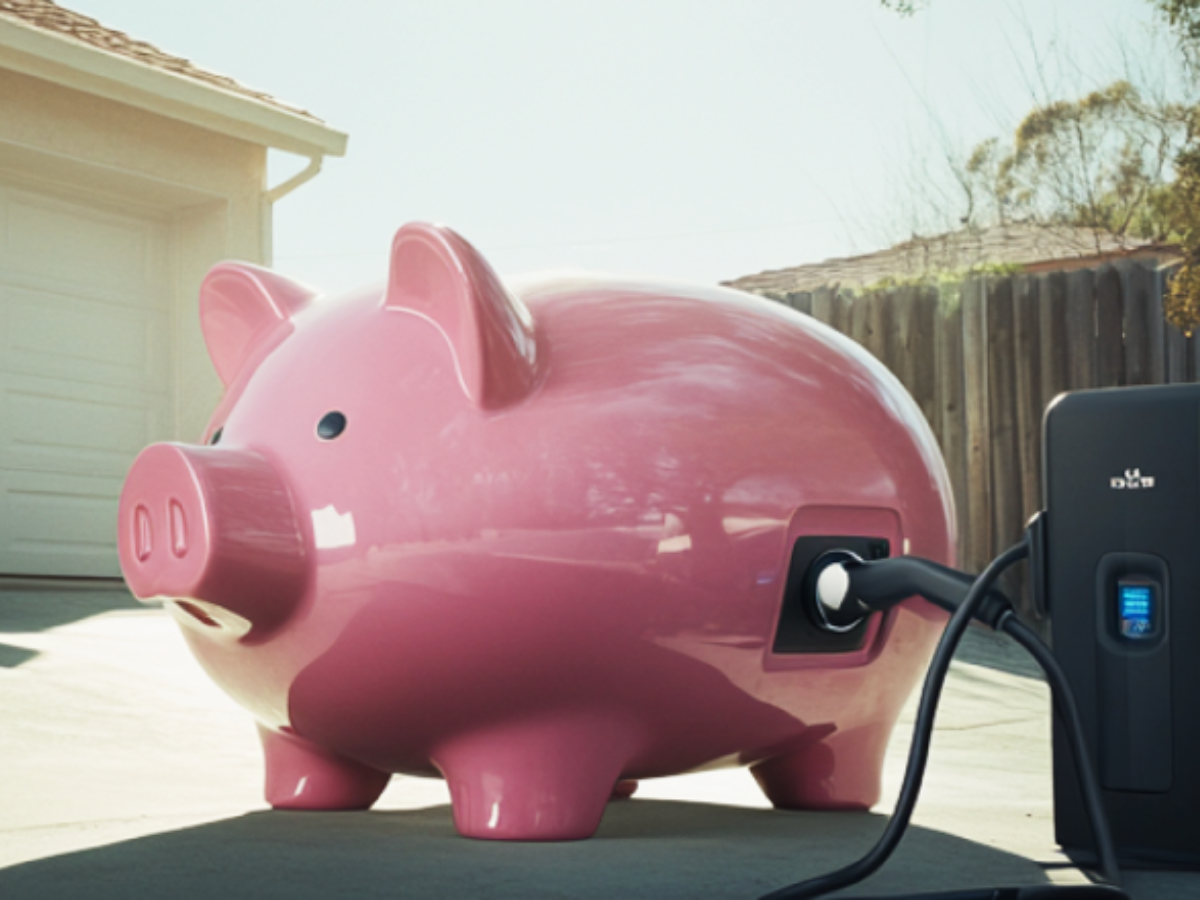










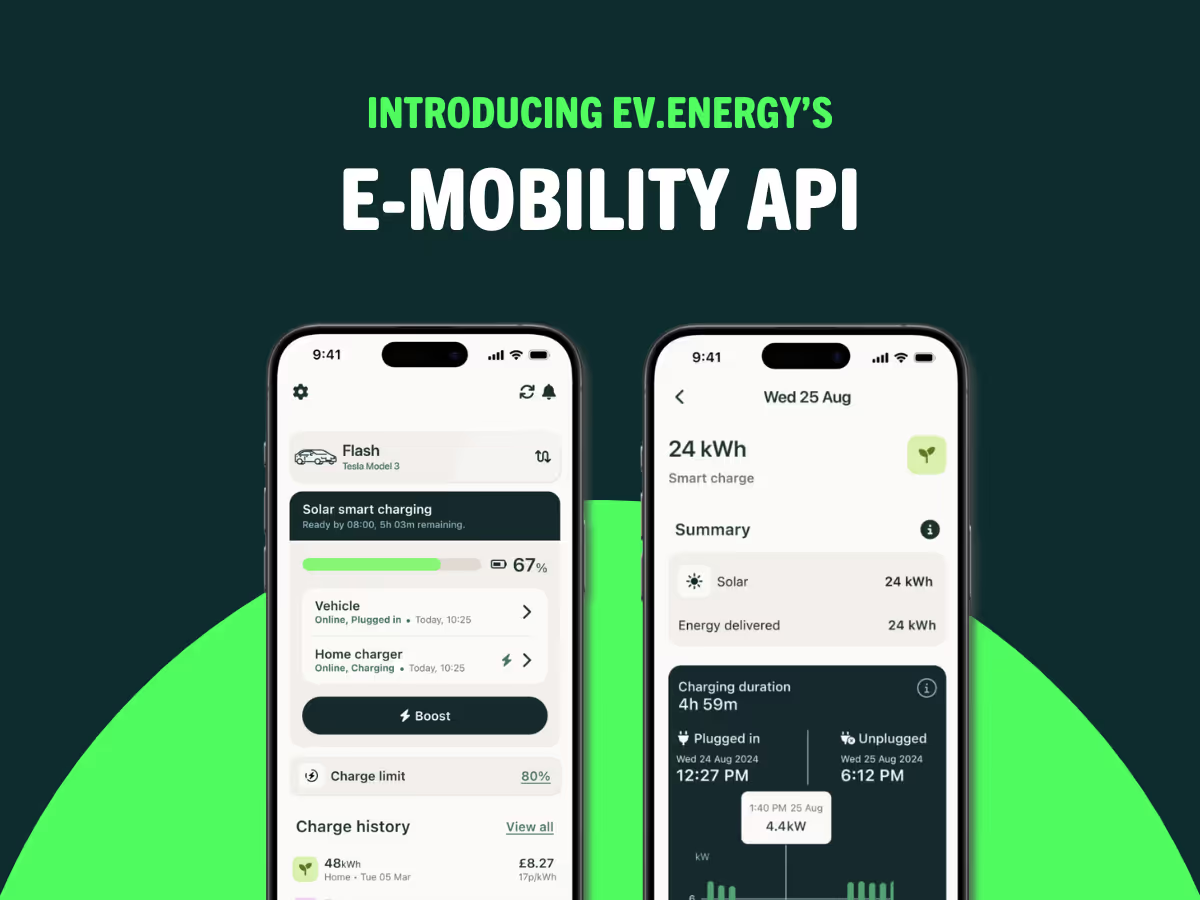

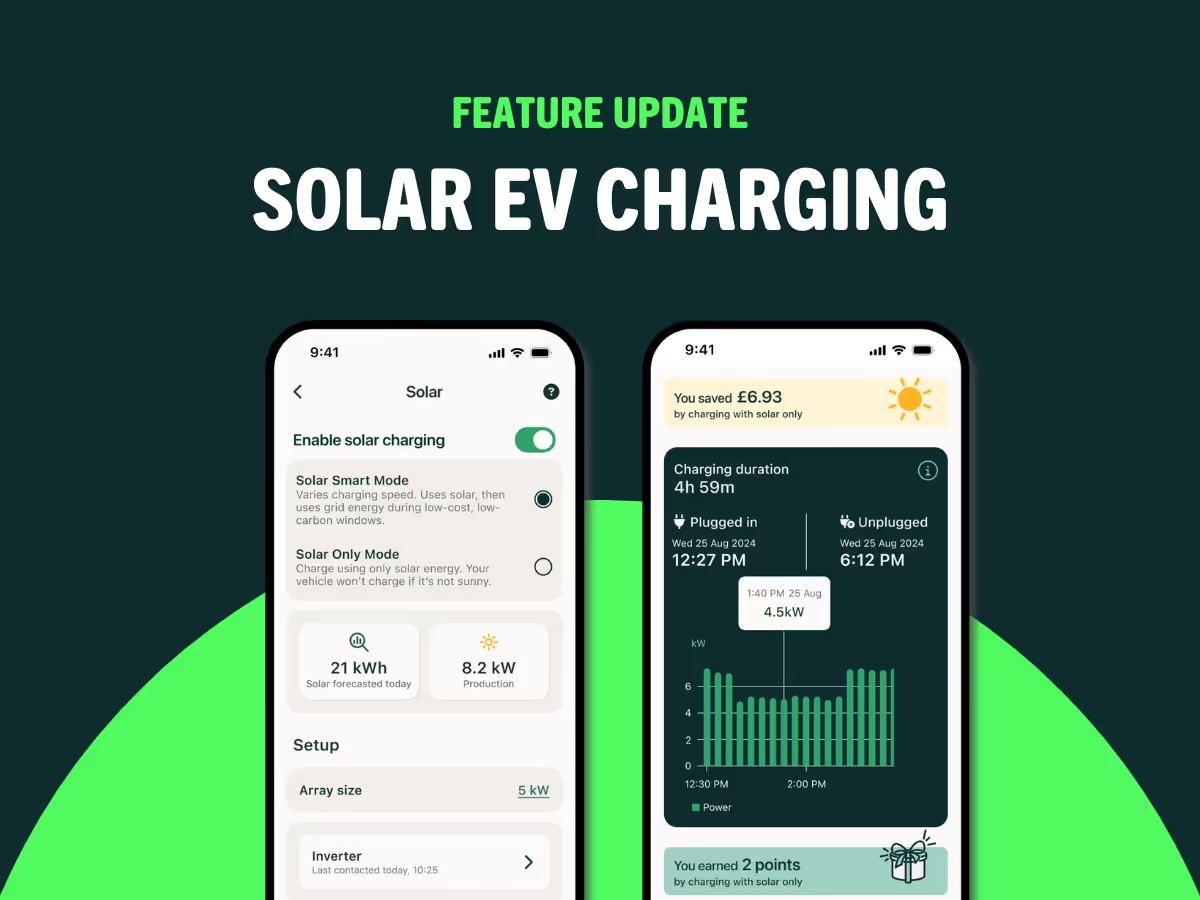






















.avif)














































































